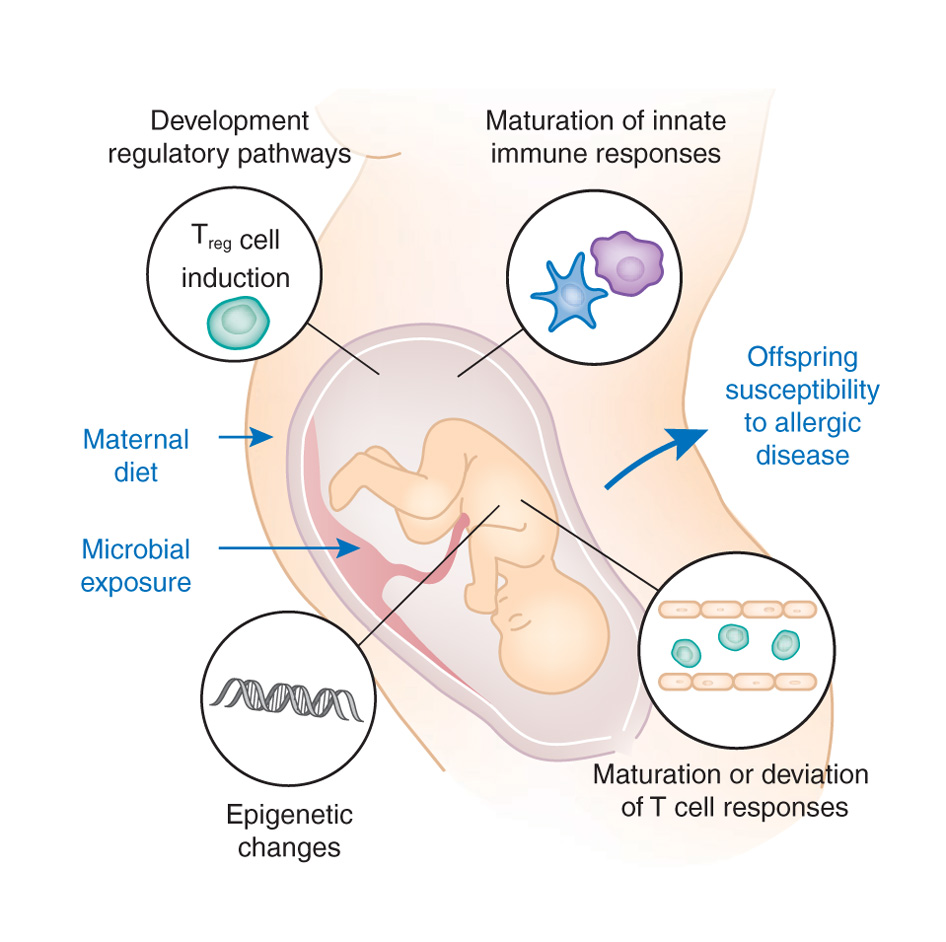The idea of an asthma attack during pregnancy—especially if it is your first time—can be pretty daunting and scary. You face endless train of worries just like what if you born your baby prematurely, birth defects, rolling on your tummy and harming your baby in the process or water breaking in public. You may also worry if your inhaler can harm your little one or if you yourself will suffer a lot during the attacks.

About 8% of pregnant women experience asthma and can experience the classic symptoms such as wheezing, cough, shortness of breath and chest tightness. The condition itself can have different effects like expectant mothers improve their asthma control, some experience worsening of condition, while the remaining percentage shows no change at all. Studies, however, show that asthma attacks become less severe in very late pregnancy but are in its worst between 29 to 36 weeks.
Effects
Poorly controlled asthma may lead into several unfavorable pregnancy results. These results actually are the bases of the mother’s worry and fear. These outcomes are associated with miscarriage, premature delivery, bleeding before and after deliver, depression, preeclampsia and congenital malformations.
While there no hard conclusions yet, many experts hypothesize that the lack of oxygen or poor control during the attacks contribute to these dire outcomes.
As for taking inhaler or any allergy medicine during the pregnancy period, mothers should note that intake of medications have their side effects. In this case, your doctor’s advice is highly crucial. Meanwhile, chlorpheniramine and diphenhydramine are proven to be safe during pregnancy.
To be educated in how to control your asthma during the attacks, you can take down notes from the different reputable health awareness websites or talk with your doctor about it.
